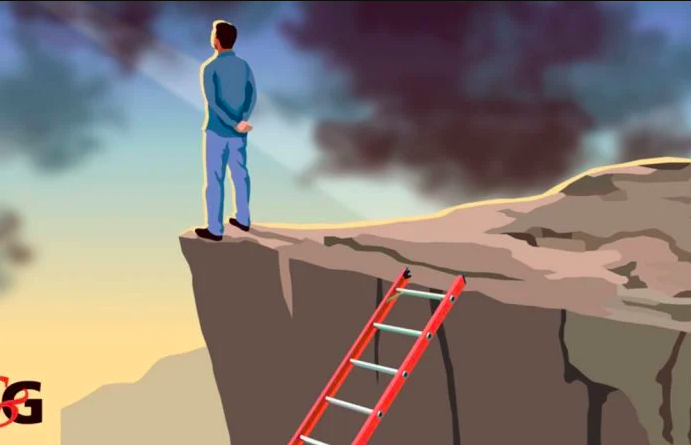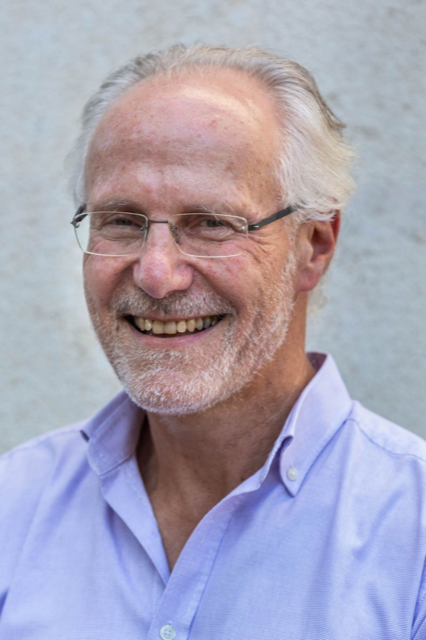“There is but one truly serious philosophical problem, and that is suicide.” — Albert Camus
In 2016, ahead of his 85th birthday, Archbishop Desmond Tutu penned an opinion piece for The Washington Post on the topic of euthanasia. Challenging the dominant church view, he wrote that “dying people should have the right to choose how and when they leave Mother Earth”. As we honour his extraordinary life, we would do well to consider the Arch’s views on facilitated death — but without stopping at mere mercy killing.
As things stand, in South Africa, it is impermissible for medical practitioners, or family members, to carry out mercy killings of terminally compromised patients. In this regard we are lagging the progressive world and a change in the law would be a salutary step forward.
Beyond that though, what we should be looking at is the legitimisation, and possible regularisation, of suicide more generally. What I’m proposing, crudely, is an expansion of the ambit of every person’s personal liberty to include the freedom to decide on the timing of their death. Within reasonable bounds, of course.
This proposal seems to me to be consonant with natural justice, the Constitution and common sense. I am astute though to a few obvious counter arguments. Thus:
- If we make the act of self-annihilation too easy, and too respectable, we run the risk of significantly devaluing human life.
- Suicide, typically, has a severe adverse effect on families and friends, that can even apply multi-generationally. This should abate, considerably, in line with a change in our collective sensibilities and arrangements, but we’re a long way from that now.
- Creditors (and others to whom the potential suicide/exiter is beholden) have valid interests that need to be given due consideration.
As of today, the act of suicide is universally stigmatised, even in countries where physician-assisted dying is well established. Interestingly though, at least one of the great societies of antiquity had little problem with the practice. Socrates, famously, ended his life with a dose of hemlock (albeit under some duress), and it seems that the Greek Stoics were wont to kill themselves at the smallest provocation.
The practises of old are hardly perfect guides and the key question is where do our best modern sensibilities take us? Knowing what we know today, courtesy of the insights of people like Galileo, Spinoza, Darwin, Einstein and Freud, how ought we to approach this fraught and important topic?
Here’s my own (brief, secular, layman’s) take.
- Life can be wonderful, but it can also, sometimes, for some people, be unbearably awful. Randomly so. There were more than 8 000 suicides in South Africa last year; that’s 23 each day.
- There is no obvious utilitarian reason why those who experience life as a sustained ordeal should, on principle, be forbidden from opting out.
- Given the complex nature of our social and economic interrelationships, society as a whole has a profound interest in matters such as this.
- Suicide is a shameful, lonely and illegal act; I’m suggesting it be turned into one where the state (or some civil-society proxy of the state) is given an important oversight role.
- I envisage a panel comprising judges, psychiatrists, philosophers and the like, whose job it is to hear and adjudicate applications for self-death rights. The permission process would have to be built to detect abuses, and should also, ordinarily, provide for a waiting period (complete with counselling). It might also be wise to stipulate for a minimum age, say 24.
- The right to apply must be forsaken in certain cases; the most obvious being those in which the applicants have infringed basic laws (and maybe norms). People who kill or rape should automatically be excluded.
- Where the decision-making tribunal upholds the applicant’s petition, it can licence another institution to facilitate the actual exit process. Gone will be the days of having to jump off a bridge or shoot oneself in the head; a desperately unhappy person could now say goodbye to his or her immediates and then take a pill and lie down and die quietly. We have the technology, it’s only the collective will that we currently lack.
I believe that the weight of reason favours an approach along these lines. All I’m really trying to do is to challenge the long-standing taboo and to prompt a serious (open, inclusive, in-depth) discussion. Inputs from psychologists, theologians and insurance company actuaries will be especially useful.
“They tell us that suicide is the greatest piece of cowardice, that suicide is wrong; when it is quite obvious that there is nothing in the world to which man has a more unassailable title than to his own life and person” — Arthur Schopenhauer.




